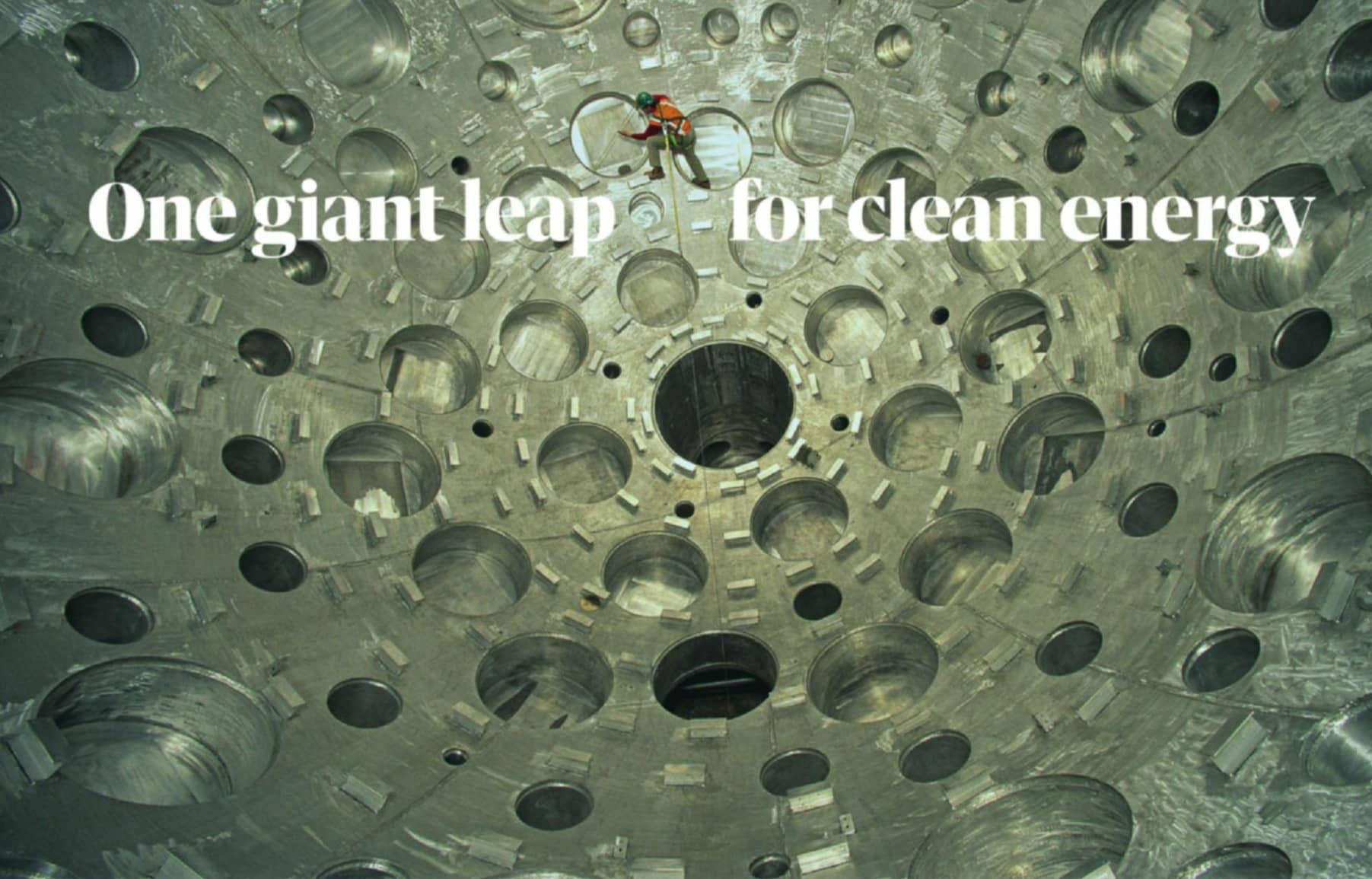
A laser-initiated experi-ment at the United States National Ignition Facility, based at Lawrence Livermore National Laboratory in California, made a significant breakthrough on 8 August in reproducing the power source of the stars, smashing its own 2018 record for energy released from nuclear fusion reactions 23 times over.
The nuclear energy that was released was equal to 70% of the laser energy used to create the reaction. A pulse of light, focused to tiny spots within a vacuum chamber, triggered the collapse of a capsule of fuel from roughly the size of the pupil in your eye to the diameter of a human hair. This implosion created the extreme conditions of temperature and pressure needed for atoms of hydrogen to combine into new atoms and release, kilogram for kilogram, 10m times the energy that would result from burning coal.
The energy generated by the NIF is only just enough to boil a kettle. Despite this, it is nevertheless a landmark moment. The result is tantalisingly close to a demonstration of “net energy gain”, the long-sought-after goal of fusion scientists in which an amount greater than 100% of the energy put into a fusion experiment comes out as nuclear energy. The aim of these experiments is to show proof of principle: that energy can be generated. The team behind the success are close to achieving this: they have managed a more than 1,000-fold improvement in energy release since 2011. Prof Jeremy Chittenden, the co-director of the Centre for Inertial Fusion Studies at Imperial College London, said last month: “The pace of improvement in energy output has been rapid, suggesting we may soon reach more energy milestones, such as exceeding the energy input from the lasers used to kick start the process.”
Esta historia es de la edición September 03, 2021 de The Guardian Weekly.
Comience su prueba gratuita de Magzter GOLD de 7 días para acceder a miles de historias premium seleccionadas y a más de 9,000 revistas y periódicos.
Ya eres suscriptor ? Conectar
Esta historia es de la edición September 03, 2021 de The Guardian Weekly.
Comience su prueba gratuita de Magzter GOLD de 7 días para acceder a miles de historias premium seleccionadas y a más de 9,000 revistas y periódicos.
Ya eres suscriptor? Conectar

No 298 Bean, cabbage and coconut-milk soup
Deep, sweet heat. A soup that soothes and invigorates simultaneously.

Cottage cheese goes viral: in reluctant praise of a food trend
I was asked recently which food trends I think will take over in 2025.

I'm worried that my teenage son is in a toxic relationship
A year ago, our almost 18-year-old son began seeing a girl, who is a year older than him and is his first \"real\" girlfriend.

BOOKS OF THE MONTH
A roundup of the best recent science fiction, fantasy and horror

Dying words
The Nobel prize winner explores the moment of death and beyond in a probing tale of a fisher living in near solitude

Origin story
We homo sapiens evolved and succeeded when other hominins didn't-but now our expansionist drive is threatening the planet

Glad rags to riches
Sarcastic, self-aware and surprisingly sad, the first volume of Cher's extraordinary memoir mixes hard times with the high life

Sail of the century
Anenigmatic nautical radio bulletin first broadcast 100 years ago, the Shipping Forecast has beguiled and inspired poets, pop stars and listeners worldwide

How does it feel?
A Complete Unknown retells Bob Dylan's explosive rise, but it als resonates with today's toxic fame and politics. The creative team expl their process-and wha the singer made of it all
Jane Austen's enduring legacy lies in her relevance as a foil for modern mores
For some, it will be enough merely to re-read Persuasion, and thence to cry yet again at Captain Wentworth's declaration of utmost love for Anne Elliot.